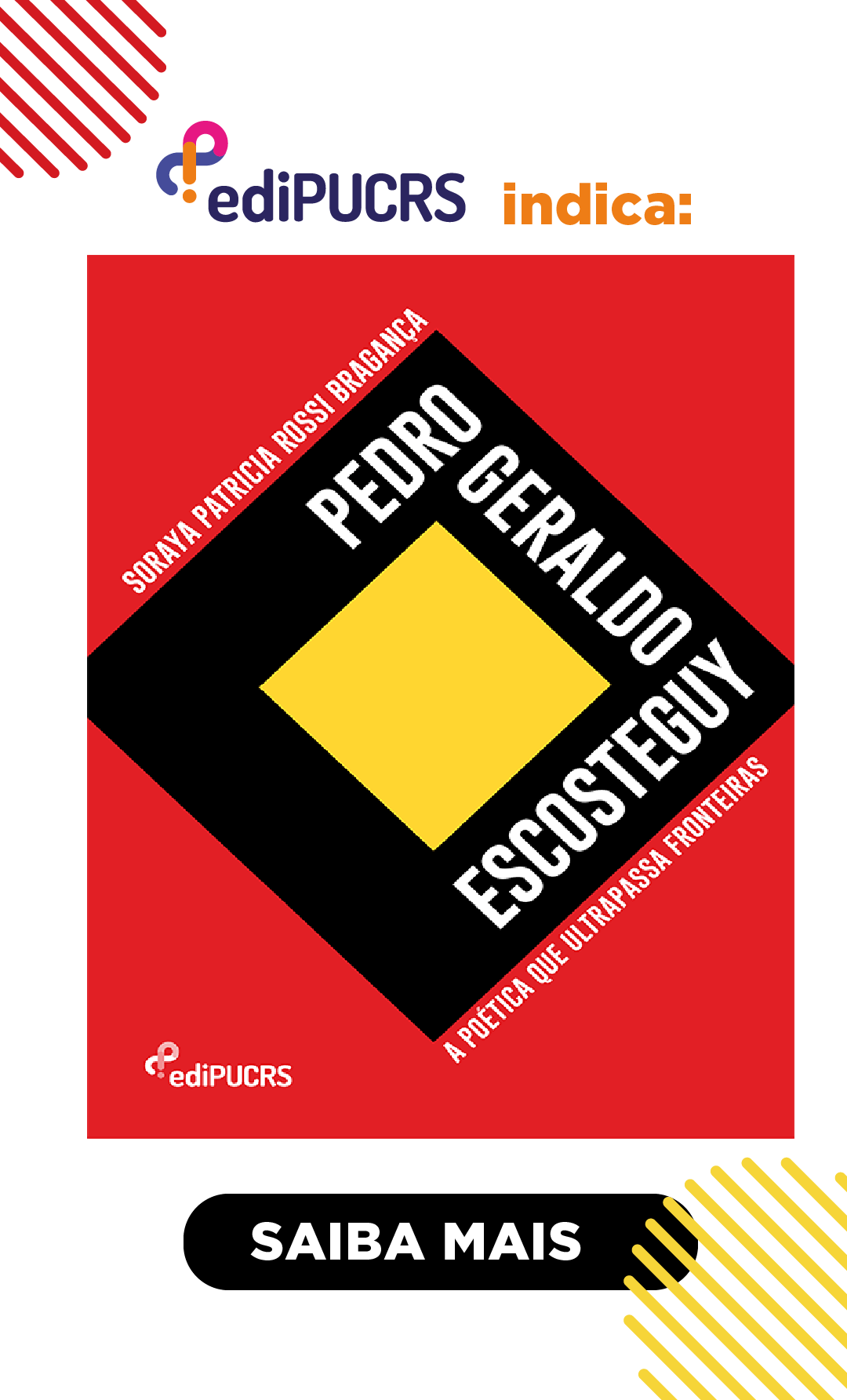The place of the contemporary individual in the Backlands: the traditional and the modern in Galileia, by Ronaldo Correia de Brito
DOI:
https://doi.org/10.15448/1983-4276.2020.1.35420Keywords:
Regionalism, Sertão, Identity, Galileia, Ronaldo Correia de BritoAbstract
Regionalism is often associated by literary criticism with archaic and outdated terms, and this practice has influenced the opinion of Brazilian writers themselves. Over time, criticism has nurtured negative views on regionalism, frequently linking it to literatures of environmental description, restricted movements, and a taste for the picturesque and exotic. Because of this perspective that disassociates regionalism from well-crafted fiction, contemporary writers often deny any relationship between their work and this literary movement. In this paper, we discuss the formulations of contemporary regionalism present in the work of Ronaldo Correia de Brito, as well as the perceptions about this literary current publicly conveyed by the author. For that purpose, the novel entitled Galileia and interviews by Correia de Brito are analyzed. From the analysis, it is possible to understand that the author appropriates the regional matter, such as the space known as sertão, and of much knowledge coming from the popular culture and characteristics of this region. The work develops from three main characters – Adonias, Ismael and Davi –, through which the author sets in motion transits between peripheral spaces of the interior of Brazil and spaces commonly associated with centrality, causing questions regarding the regional identity to arise. Nevertheless, the author denies any relation of his work with the regionalist literary current.
Downloads
References
ANDRADE, Mário de. Regionalismo. In: SCHWARTZ, Jorge. Vanguardas Latino-americanas: polêmicas, manifestos e textos críticos. 2. ed. rev. e ampl. São Paulo: EDUSP, 2008. p. 553-554. https://doi.org/10.5195/reviberoamer.1998.6170
BRITO, Ronaldo Correia de. Galileia. Rio de Janeiro: Objetiva Ltda, 2008. 236 p.
LAJOLO, Marisa. Regionalismo e história da literatura: Quem é o vilão da história?. In: FREITAS, Marcos Cezar de. Historiografia brasileira em perspectiva. São Paulo: Contexto, 2001. p. 297-327.
LEITE, Ligia Chiappini Moraes. Velha Praga? Regionalismo literário brasileiro. In: PIZARRO, Ana. América Latina: Palavra, Literatura e Cultura. São Paulo: Memorial, 1994. p. 665-702.
MELO, José Inácio Vieira de. Ronaldo Correia de Brito – o código do livro dos homens. Jornal Tribuna Feirense, Feira de Santana, BA, 17 jul. 2005. Tribuna Cultural. Disponível em: http://www.jornaldepoesia.jor.br/jinacio18.html. Acesso em: 30 maio 2019.
PELINSER, André Tessaro. Olhares sobre o regionalismo literário brasileiro: uma perspectiva de estudo. Antares: Letras e Humanidades, Caxias do Sul, n. 4, p. 106-120, jul./dez. 2010. Disponível em: http://www.ucs.br/etc/revistas/index.php/antares/article/view/569. Acesso em: 10 ago. 2019. https://doi.org/10.18226/19844921.v11.n24.03
PEREIRA, Lúcia Miguel. Regionalismo. In: PEREIRA, Lúcia Miguel. História da literatura brasileira: prosa de ficção: de 1870 a 1920. São Paulo: Editora da Universidade de São Paulo, 1988. p. 175-183. https://doi.org/10.11606/issn.2318-8235.v57i0p286-292
SANTINI, Juliana. Realidade e representação no romance regionalista brasileiro: tradição e atualidade. O eixo e a roda, Belo Horizonte, v. 23, n. 1, p. 115-131, 2014. Disponível em: http://www.periodicos.letras.ufmg.br/index.php/o_eixo_ea_roda/article/view/5908. Acesso em: 10 ago. 2019. https://doi.org/10.17851/2358-9787.23.1.115-131
VASCONCELOS, Carlos Roberto Nogueira de. Sertão de pedra e argila: tradição, ruptura e modernidade no romance Galileia, de Ronaldo Correia de Brito. 2013. 92 f. Dissertação (Mestrado em Letras) – Universidade Federal do Ceará, 2013. https://doi.org/10.12957/cadsem.2019.38557
VENCEDOR rejeita o rótulo de regionalista. Folha de S. Paulo, Ilustrada, São Paulo, ago. 2009. Disponível em: https://www1.folha.uol.com.br/fsp/ilustrad/fq0508200916.htm. Acesso em: 10 ago. 2019.
Downloads
Published
How to Cite
Issue
Section
License
Copyright (c) 2020 Navegações

This work is licensed under a Creative Commons Attribution 4.0 International License.
Copyright
The submission of originals to Navegações implies the transfer by the authors of the right for publication. Authors retain copyright and grant the journal right of first publication. If the authors wish to include the same data into another publication, they must cite Navegações as the site of original publication.
Creative Commons License
Except where otherwise specified, material published in this journal is licensed under a Creative Commons Attribution 4.0 International license, which allows unrestricted use, distribution and reproduction in any medium, provided the original publication is correctly cited.





